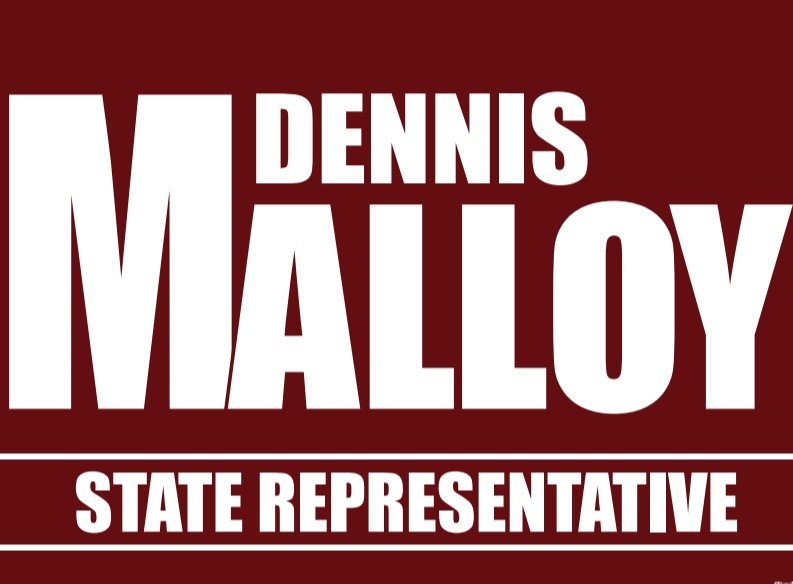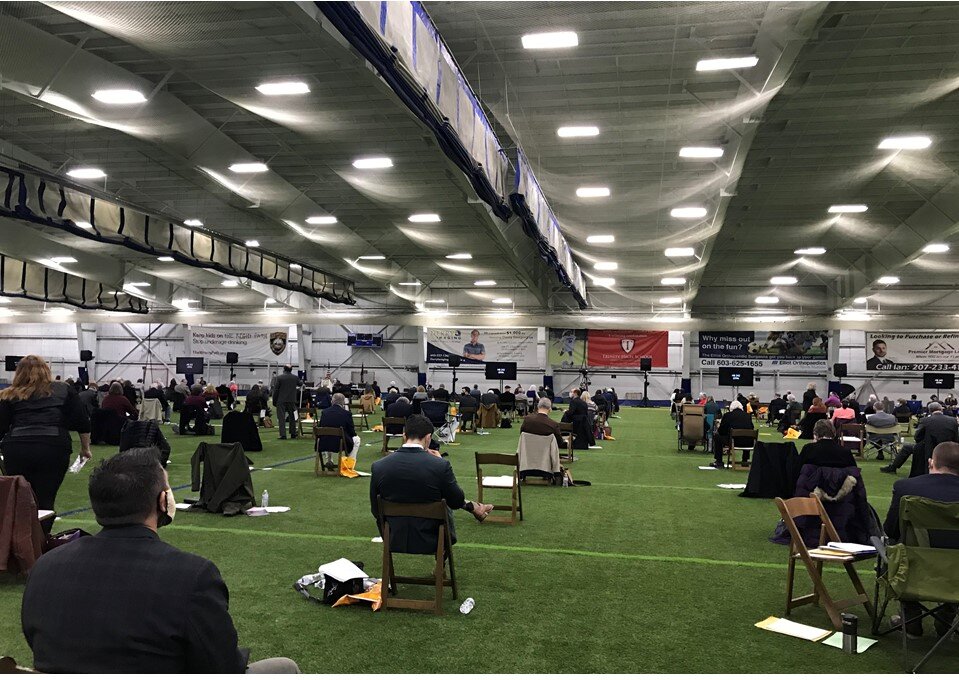A budget is a statement about strategic decisions and priorities.
HB 1 will hurt our citizens, increase your property taxes and damage the NH Advantage.
HB 1 AFFECTS THOUSANDS OF NH CITIZENS AND RAISES PROPERTY TAXES
Two years ago the Ways and Means Committee unanimously agreed there would be a small recession and budgeted accordingly. In spite of the pandemic NH revenues soared this past year, mostly because of the business profits tax, (BPT) a tax on the top 10 percent of businesses in the state doing buisness nationally and internationally.
No one saw the pandemic coming or the effect it would have on revenues. The best local, state and national economic minds were brought before the W&M Committee so that we might adjust the revenue numbers accordingly. Through it all, the W&M Committee stayed unanimous in revenue projections.
While BPT revenues increased, the rooms and meals tax plummeted and the gas fee fell because fewer people were traveling.
Who can really know where we will be in two years and that’s why many of us are concerned about this year’s budget and the unintended consequences that may result.
The majority’s set of priorities and revenue calculations may result in serious missteps with thousands of our fellow citizens left behind or worse, unable to access health care, increased property taxes and potentially $100 million in lost revenue that property tax payers will have to cover.
Representative Kate Murray (D-Newcastle) said, “The one thing this budget will most assuredly do is raise property taxes. The supporters of this budget will tell you that this budget will lower taxes, but they are talking about business taxes. What they don’t say is that to offset the reduced revenue our towns and communities will need to increase local property taxes. Even businesses will overall pay more because they also pay property taxes.”
Representative James Murphy (D-Hanover) added, “This budget contains escalating and progressive revenue cuts which will harm not only our current citizens but future generations to come. Several taxes for businesses and individuals are cut in this budget to the benefit of the largest multinational corporations and the wealthiest individuals in the state. In keeping with New Hampshire’s regressive education policies, proposed lower education funding, revised distribution formulas and a one-time change in the statewide education property tax will disproportionately and negatively impact property-poor districts.”








